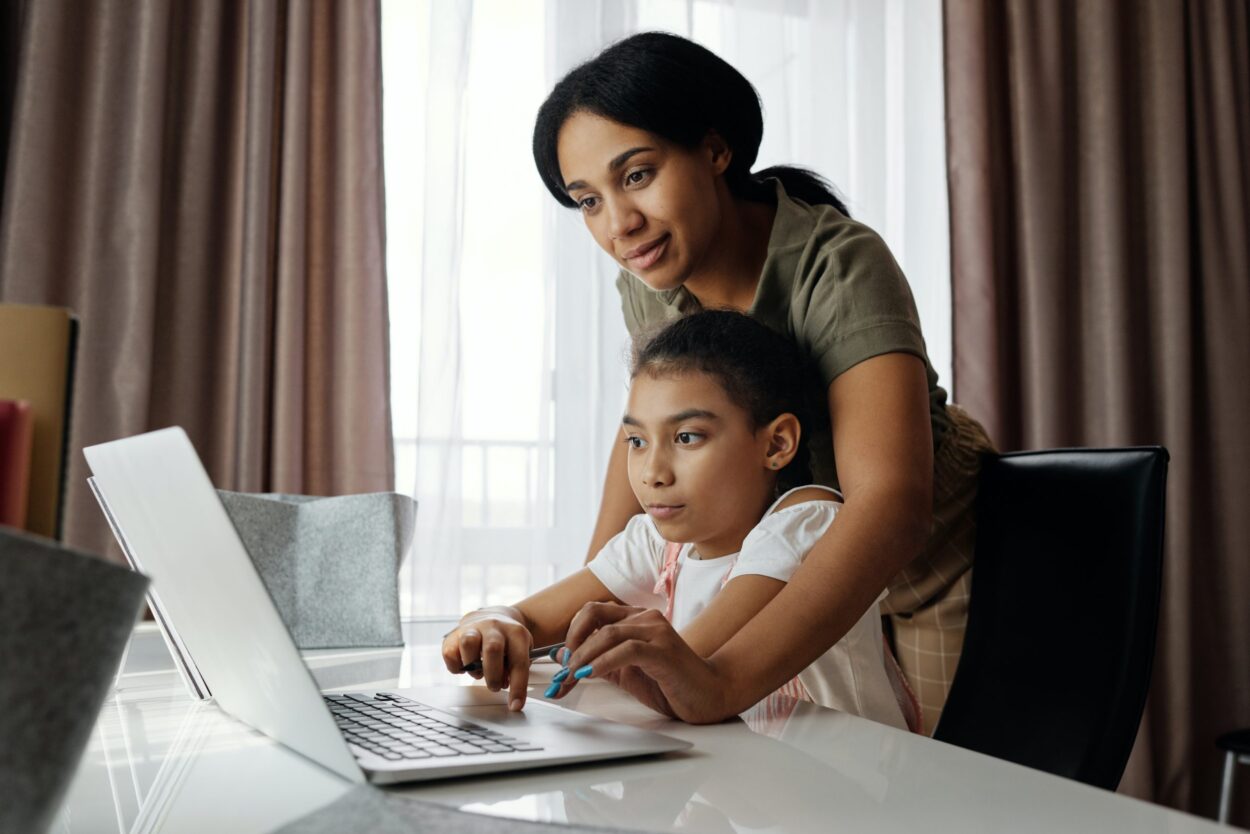Teaching can be tricky. It seems easy if you think it’s about knowing all the facts and sharing them with a student. Not so easy if you are less confident about the content that needs to be taught. Our current crisis puts this dilemma smack in the center of parental concerns.
So what can you do if you are at home full time with children who are not attending school? Here are some ways to think about it differently.
In the past few years, research from Scandinavian countries has shown that children do best when they have time for free play. One researcher who is passionate about this topic is Dr. Peter Gray, who you can find on TED talks. What do we know about play? Children are good at it when left alone to imagine, create, and engage without having to follow rules and direction. So a first reminder is to allow young people free time to play on their own. If there are siblings at home, all the better for cross-age activities shared across points of view and skillsets.
Another area that is getting more attention is the “makers” movement. What is that? Researchers are discovering that making things leads to increased brain activity (particularly in the pre-frontal cortex) as individuals take a problem and try to solve it. The argument that our skills craft people, like electricians and plumbers and mechanics, are disappearing partially because we encourage everyone to go to college and be “academic.” Take some time to make stuff with and without your children, encouraging them to use their problem-solving skills in the process. Perhaps they will come to love using their hands and their heads.
A third area of research is related to civic engagement and community involvement. Civic education has essentially been dropped from our curriculum, but in places where it thrives, there is a clear benefit. Justice Sandra Day O’Connor began an organization called iCivics, and their web site has some great ideas for helping all of us know more about our rights. With the election looming, this is a great time to help our children understand the government processes. If you remember School House Rock, it’s back for your viewing pleasure.
One last area is nature. In his book Nature Deficit Disorder, Richard Louv suggests that getting outdoors is more important than ever. With the pandemic keeping us indoors, this is a great time to take a walk and observe what is around us. Look at the plants, listen to the birds, and just stroll. Viewing videos or natural sites like National Parks and animals and insects can create a sense of calm and wonderment. National Geographic’s online site has lots to view.
At the end of the day, however, just ask your children about their interests and be open to what they share then share yours. Have them lead the conversations about their discoveries and encourage them to take charge of what they will explore. This is a wonderful time to learn with your children and take the pressure of facts and tests off. We don’t get much one on one time with our children. Enjoy it while it lasts!
Dr. J. Cynthia McDermott is Chair and Regional Director of the Education Department at Antioch University Los Angeles and Santa Barbara.
This article first appeared on LA Progressive.




